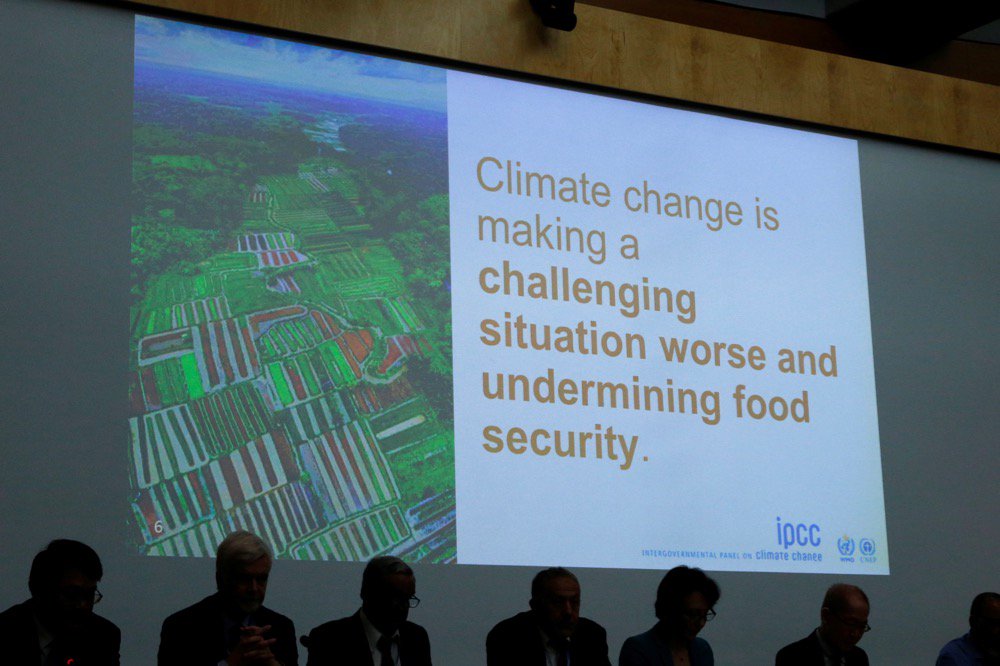McDonald’s plan to cut greenhouse gas emissions by one-third over the next dozen years is actually good news for Canadian beef producers, says the chair of the Canadian Roundtable for Sustainable Beef.

“We’re far exceeding their expectations now and even into the future, so even for the 2030 goals, we’re well under it,” said Cherie Copithorne-Barnes, who ranches west of Calgary.
The global fast-food giant — along with its franchisees and suppliers — aims to cut its greenhouse gas emissions by roughly one-third, preventing 150 million tonnes of them from being released into the atmosphere by 2030.
“To meet this goal, we will source our food responsibly; promote renewable energy and use it efficiently; and reduce waste and increase recycling,” said McDonald’s chief executive Steve Easterbrook.
The greatest emphasis will fall on the largest contributors to McDonald’s carbon footprint: beef production, restaurant energy usage; and sourcing, packaging and waste. The target is to reduce emissions intensity per tonne of food and packaging by 31 per cent by 2030.
Read Also

Farming Smarter receives financial boost from Alberta government for potato research
Farming Smarter near Lethbridge got a boost to its research equipment, thanks to the Alberta government’s increase in funding for research associations.
Canada’s beef sector has been a role model for the company, said Copithorne-Barnes.
“They found that in trying to get the rest of the world, they couldn’t set it at the same standard that we were at, so they set it at a standard they knew was attainable by a lot of the other countries. So we’re in really good shape.”
The senior manager of sustainability with McDonald’s Canada, Jeffrey Fitzpatrick-Stilwell, even called members of the industry to tell them they had nothing to worry about.
“It just goes to show that they are really trying to work with industry and really partner and not surprise us with anything at all,” said Copithorne-Barnes.
McDonald’s approach was also praised by the executive vice-president of the Canadian Cattlemen’s Association.
“They’re probably one of the most thoughtful industry partners that we can work with and they take a strong science-based approach,” said Dennis Laycraft, who is also an executive member of the Global Roundtable for Sustainable Beef.
“Through the assessment that we’ve done with the (Canadian roundtable), one of the things that has come out of that quite clearly is that the Canadian cattle herd has one of the lowest footprints in the world.
“That has to do with the fact that we have one of the most efficient herds in the world.”
However, this doesn’t mean beef producers here can rest on their laurels, he added.
“We’ve got a goal of increasing (efficiency) by 15 per cent from where we are over five years,” Laycraft said. “We’re constantly working on how we can reduce methane in particular and we’re also doing work in terms of our native and our tame grasslands on how we can store more carbon in the soil. We’re constantly on the road to continuous improvement and that’s part of the realistic goal of sustainability.”
The April 1 hike in the national checkoff to $2.50 (from $1 previously) will help fund research to make beef production more sustainable, he added.
— With files from Reuters
















